Flatline: Public healthcare fails in most provinces because of poor leadership in hospitals and at provincial government, decaying infrastructure and overworked staff. Photo: Waldo Swiegers/Getty Images
Clumsily correcting healthcare inequities
The department has tried to turn the health system around but it’s plagued by inefficiency, staff shortages, dismal leadership and governance failures
GRADE = F
The ANC’s bid to dismantle racially oriented and disparate access to healthcare continues, with the government having doubled spending on and usage of primary healthcare and having hugely boosted immunisation.
But it has largely failed to lead, govern and manage, both in the rendering of services in the state sector and in giving oversight to the private sector.
That’s the consensus of several academic analyses of the past 20 to 30 years of healthcare policy and its often clumsy translation into delivery — and from interviews with top academics, clinicians and researchers.
Battling a triple burden of disease plus trauma and homicide, and one of the world’s worst Gini coefficients, the government has gone from the ignominy and lethal cost of Aids denialism to global admiration at the largest-ever roll-out of antiretroviral treatment (ART).
Yet South Africa still has nearly nine million people living with HIV, with more than five million on treatment, and carries just under 17% of the global HIV burden.
This incurable disease has been largely reduced to chronic, non-infectious status, (depending on drug adherence), but aggravates and drives many other pre- and post- antiretroviral co-morbidities, not least tuberculosis.
TB remains the country’s biggest killer after diabetes, but has seen significant progress in detection, treatment and drug adherence, with long-acting oral drugs now available and even longer-acting injectable drugs imminent.
South Africa’s triple burden of disease consists of diseases of poverty, such as malnutrition and maternal and child health, infectious diseases, and a rising tide of non-communicable diseases.
South Africa’s world-class researchers, academics and clinicians in both the public and private sectors, plus the indomitable NGOs, are disproportionately responsible for healthcare delivery and advances in TB and HIV treatment.
But the ANC’s tenure is not without merit.
Anti-tobacco legislation, introduced during the ANC’s debut ministerial tenure of Nkosazana Dlamini Zuma is among the most advanced in the world. Legislative bids to reduce the salt content in foods and add a 20% tax surcharge on high sugar content beverages led by then health minister Aaron Motsaoledi, while helpful, fell short of desired targets to have a significant effect on health outcomes — and enforcement remains a problem.
The sugar tax surcharge ended up at 10% and the stated intention to put the money into a Health Promotion Fund remains an empty promise.
The 2003 National Health Act, passed during Manto Tshabala-Msimang’s tumultuous Aids denialism era, formalised the district health system, the vehicle for primary healthcare service delivery.
Free primary healthcare services and an ambitious clinic-building programme saw a growth in visits to these facilities from 67 million in 1998 to 129 million by the end of March 2013, and the near doubling of total primary healthcare expenditure per capita.
Other encouraging developments included the expanded immunisation programme, with the country declared polio-free in 2019 and narrowly missing the 2023 malaria-free target date.
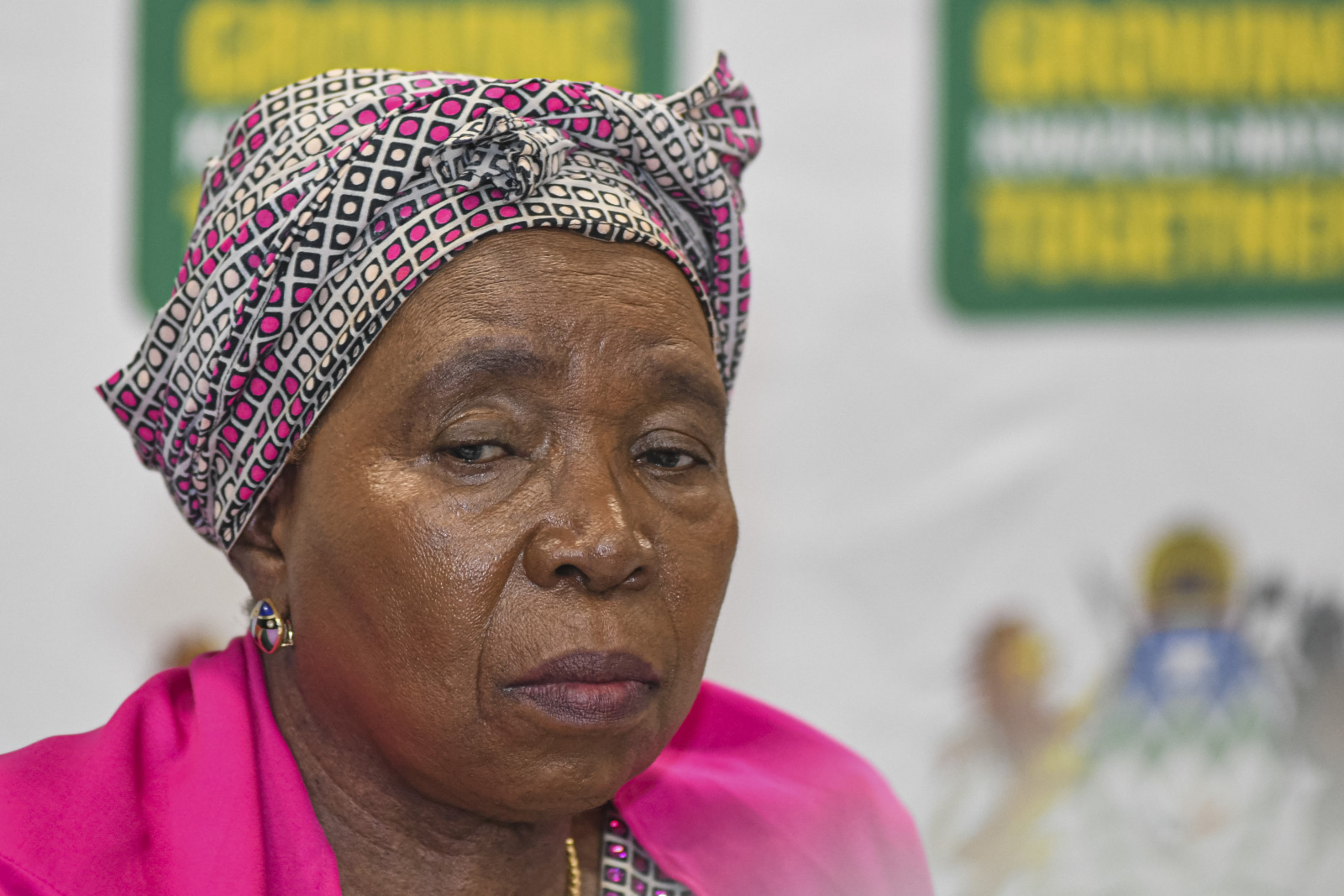
Nkosazana Dlamini Zuma
1994 – 1999
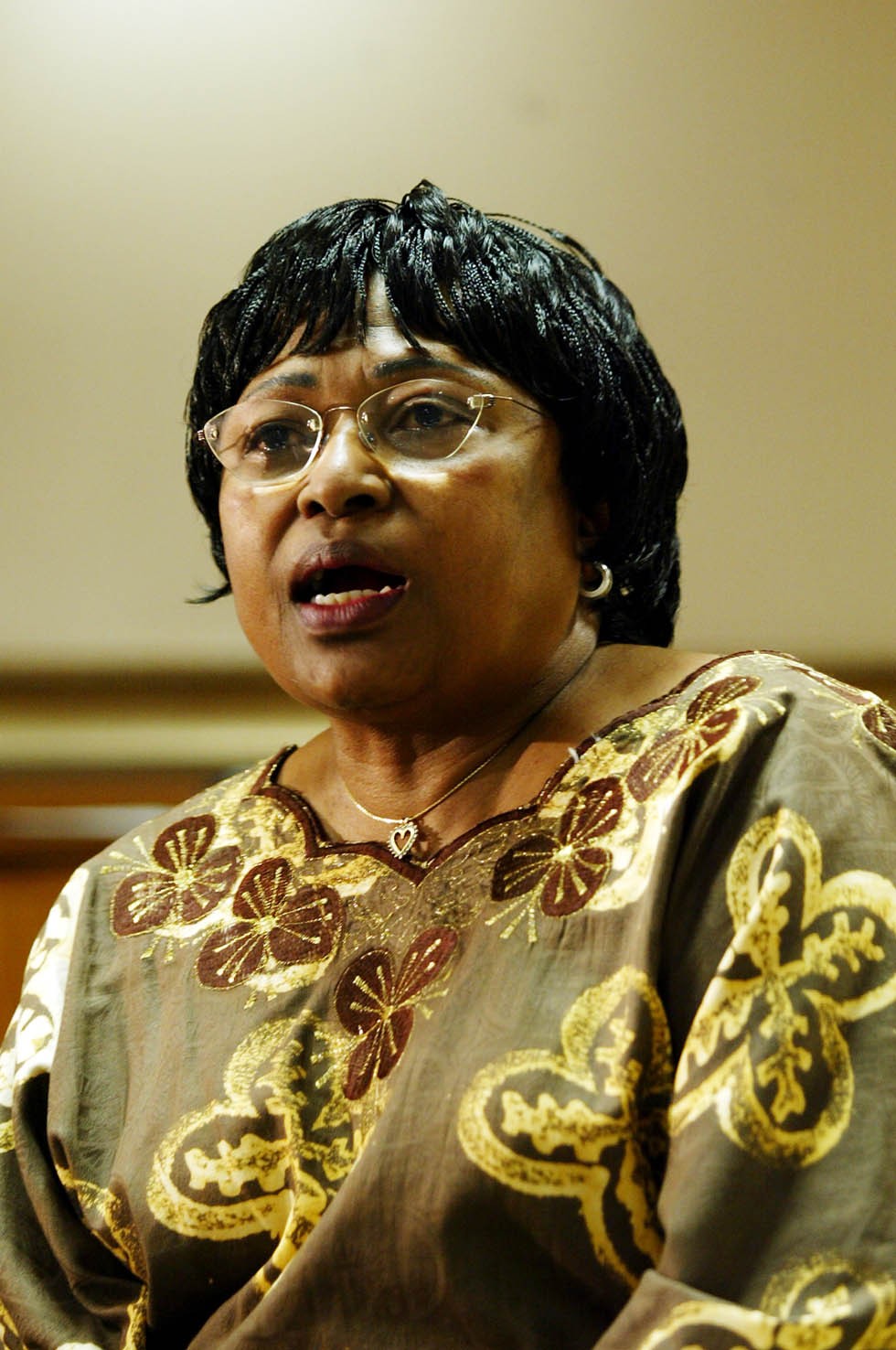
Manto Tshabalala Msimang
1999 – 2008
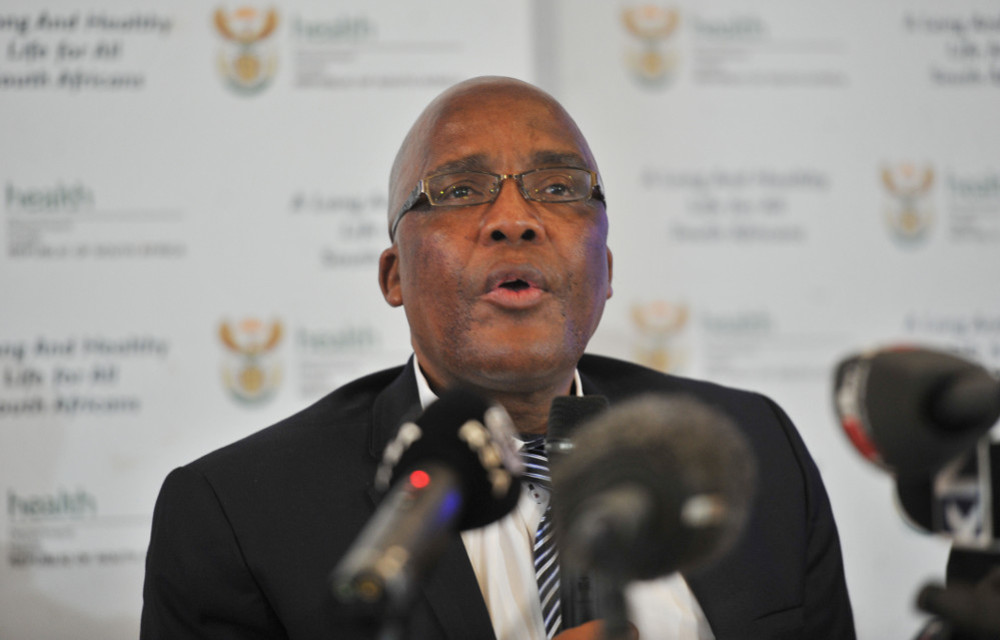
Aaron Motsoaledi
2009 – 2019
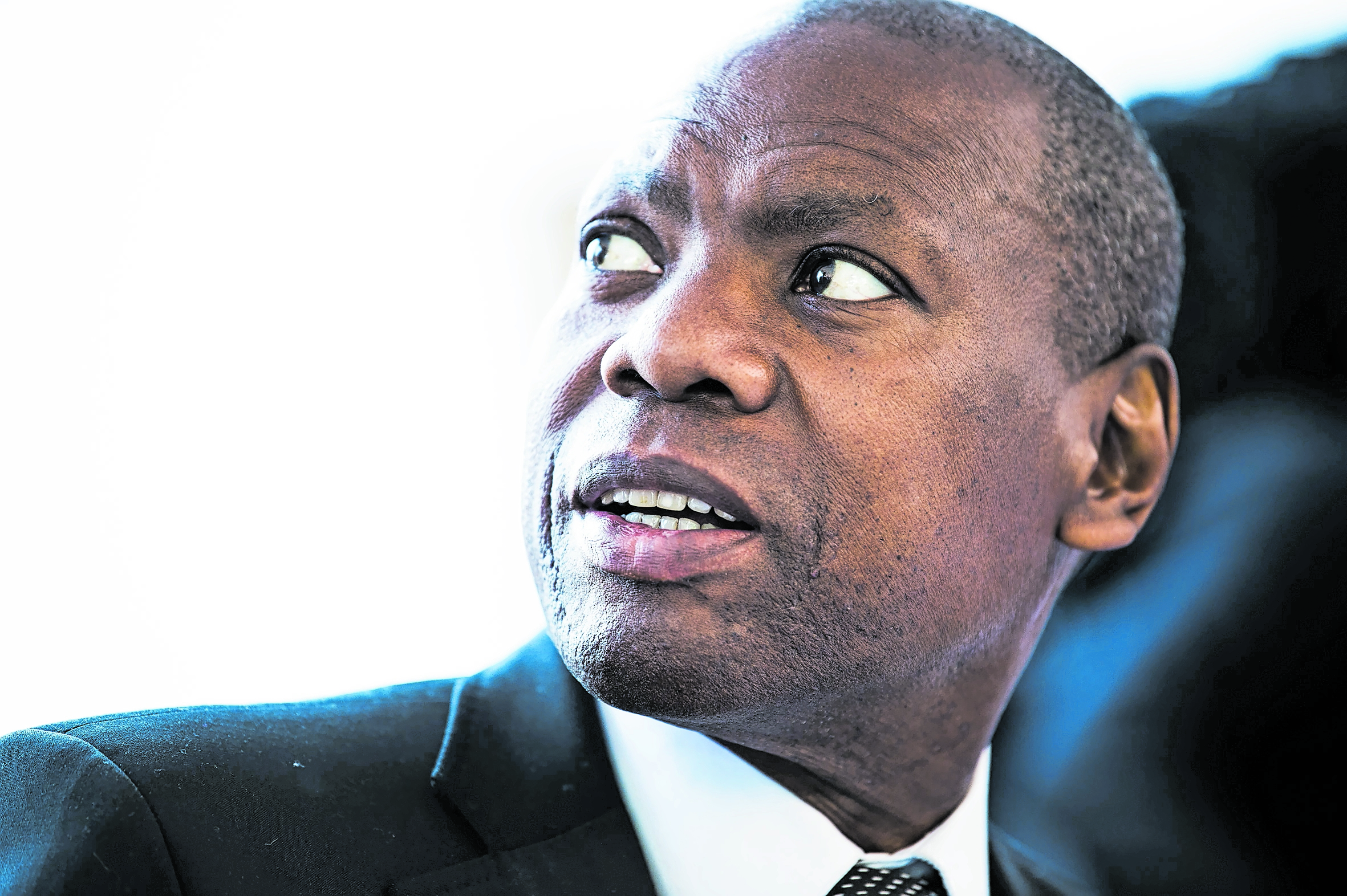
Zweli Mkhize
2019 – 2021. (Delwyn Verasamy/M&G)

Mmamaloku Kubayi
(acting)
9/6/2021 – 5/8/2021
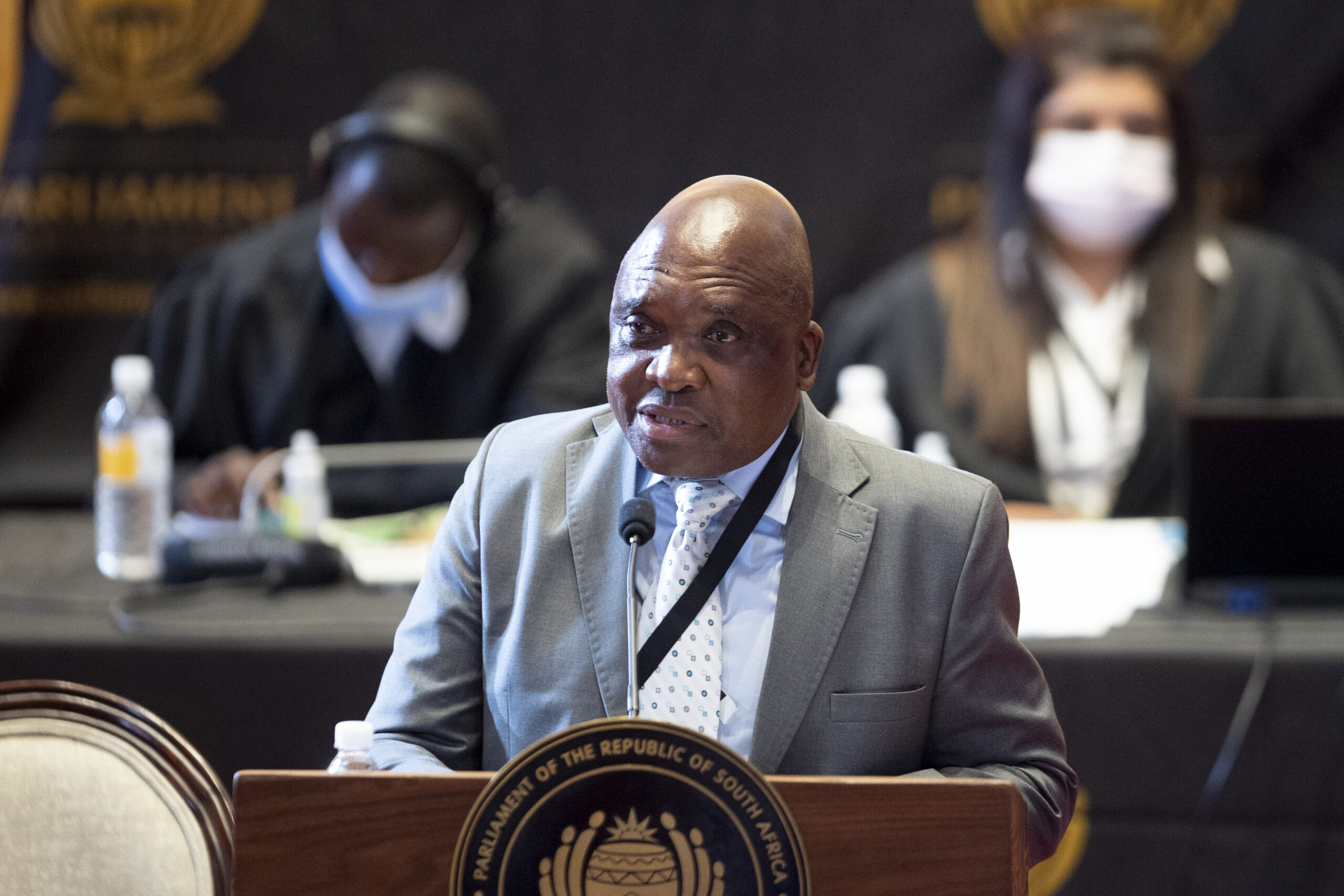
Joe Phaahla
2021 – present. (Photo by Jaco Marais/Die Burger/Gallo Images via Getty Images)
Primary healthcare is pivotal to the hotly debated National Health Insurance (NHI) scheme, which represents the ultimate realisation of the ANC’s bid to create equal access to quality healthcare, which some argue is a constitutional imperative.
Yet the war over a single payer (government) versus a dual payer/provider system, underpinned by the now legislatively threatened medical aid industry — which claims that section 33 of the NHI Bill will ultimately degrade healthcare — is set for a decisive battle in the constitutional court.
The private healthcare sector and business wants private funders to continue providing services, giving patients a choice. They say that, unamended, the NHI Bill will cripple healthcare delivery — as unequal and in dire need of reform as it is.
The National Council of Provinces passed the bill without amendment on 6 December.
President Cyril Ramaphosa was expected to sign it into law by mid-December. Business Unity SA, incorporating all healthcare professional groupings, describe it as “unworkable, unimplementable, and unaffordable, but also unconstitutional, both on substantive and procedural grounds”.
They petitioned Ramaphosa to return the bill to parliament.
Peter Attard Montalto, the managing director at Intellidex, estimates that a fully implemented NHI will cost between R300 billion and R460 billion a year.
Another unpalatable decision was the government’s ordering of a country-wide lockdown in 2020 after Covid-19 hit our shores. The lockdown slashed drug adherence, virtually halted healthcare delivery and delayed recovery among those already sick from non-Covid afflictions.
Laetitia Rispel, the South African Research Chair on the Healthcare Workforce at the University of the Witwatersrand and a public health expert, singles out three major fault lines in her analysis of the country’s health sector transformation from 1994 to today: tolerance of ineptitude, poor leadership as well as management and governance failure.
Opportunistic and endemic corruption that, among other things, led to the resignation of then health minister Zweli Mkhize, and the intrinsic conflict in the tripartite alliance during healthcare labour disputes further disrupts healthcare delivery.
Health MECs, especially in the Eastern Cape, often side with striking unions, putting efficient, long-serving healthcare managers on ice at full salary, especially near election dates.
“Nobody wants to take over the hospital chief executive or clinical manager’s job because it automatically puts a union target on your back,” says Siva Pillay, a former director general of health for the Eastern Cape, who took on what is cynically labelled the “Bisho Mafia” and is back in private practice.
Rispel says the lack of a fully functional district health system and an inability or failure to deal decisively with the health workforce crisis are major impediments.
“These fault lines have negative consequences for patients, health professionals and policy implementation. Patients, who are relatively powerless, bear the brunt through negative experiences and sub-optimal care. Healthcare providers on the front line and at the bottom of the hierarchy also suffer. Faced with an unsupportive management environment, staff shortages and health system deficiencies, they find it difficult to uphold their professional code of ethics and provide quality care,” she says.
The promising 2013 setting up of the Office of Health Standards Compliance (OHSC) flattered to deceive with regulation delayed and then watered down.
The underfunded office was reduced to a monitoring and advisory body with the health minister empowered to hire and fire its chief executives — as with the Council for Medical Schemes (CMS). The CMS has stubbornly resisted its members efforts to introduce low-cost and more affordable medical aids.
Of the OHSC, Rispel says, “If you can use such outfits as the proverbial stick, you make sure it doesn’t affect you in major ways. These are important lessons for the NHI. The way the NHI legislation is written, the minister also has the power to appoint the CEO and board. We simply haven’t learnt.”
Covid exposed enormous workforce problems with early-career healthcare professionals most affected by limited early vaccination, rampant infection and workplace moral injury. Many went to the private sector or overseas because this came on top of an enduring lack of placement, support, guidance, career opportunity and development, the experts stress.
Rispel cites the World Bank on the huge economic cost of underinvestment in human capital, not to mention preventable Covid infections in the healthcare workforce. Budgets have been slashed back, with swathes of posts frozen.
According to Phil Matley, chairperson of the South African Private Practitioners Forum, “they accuse us of selfishly working in the privileged private sector and shunning the overburdened public sector — but there are no state posts”.
Other healthcare systems experts said the central conundrum was a declining economy, a growing population and fewer resources to provide equal or more services.
The current government overall deficit on balance of payments is R161 billion (or 2.4% of GDP, second quarter 2023). Healthcare spending as a proportion of GDP stands at almost 9%, yet healthcare outcomes are worse than many comparable countries that spend less.
Rispel’s “magic wand” would be to boost health department stewardship, appoint experts and technocrats to crunch the numbers, vastly improve data-based decision-making and force the national leadership to “take responsibility instead of blaming the provinces”.
Recently retired health ombud Malegapuru William Makgoba puts abysmal public healthcare delivery in all but the Western Cape, Limpopo and KwaZulu-Natal (“where they have at least found a little direction”) down to dismal provincial and hospital leadership, infrastructural decay, and an almost universal shortage of human resource capacity.
“Because of understaffing at every level, you have little institutional knowledge about the disciplines being practised in those hospitals. Everything has suffered and everyone is overworked and overstretched,” Makgoba adds.
He says Gauteng’s health department is today as dysfunctional as it was when 1 500 Esidimeni Life patients were decanted to cheap, mainly unlicensed, and grossly under-resourced care centres as a cost-cutting measure in the first half of 2016, resulting in 144 deaths, many of them from starvation and neglect.
Rispel says it’s ironic that the biggest growth in the private healthcare sector occurred after 1994, to the detriment of the public sector, with the 2019 Health Market Inquiry’s scathing findings of perverse incentives and other dubious practices a decade too late.
“Now we’re in the unenviable position of trying to turn the tanker around in rough seas.”
Get the M&G’s take on other ministries over the past 30 years:
Department of Public Enterprises
Department of Police
Department of Finance
Department of Forestry, Fisheries and the Environment
Department of Human Settlements
Department of Justice and Constitutional Development
Department of Education